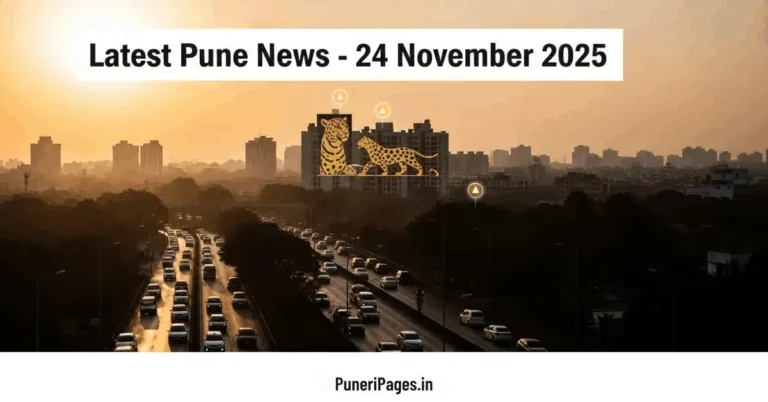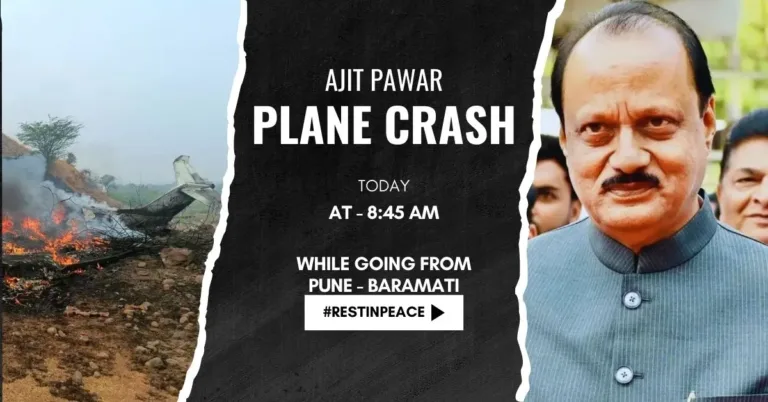
Recognizing signs of domestic tension can prevent tragedies like the recent Bibwewadi incident.
By Prashant for PuneriPages.in
On the surface, it was just another argument. But in Bibwewadi, that argument turned fatal. A man took his younger brother’s life with a kitchen knife after a heated dispute. The news shook us. Because it wasn’t a headline from far away—it happened here, in Pune, in a home not unlike ours.
As someone who lives here, walks the same streets, maybe shops at the same stores, this incident felt more than tragic. It felt personal. And that’s why I wanted to write this. Not to sensationalize what happened, but to unpack it, understand it, and hopefully help someone, anyone, recognize the signs before another family faces the same loss.
Table of Contents
The Anatomy of a Tragedy: Why Domestic Disputes Turn Violent
We often imagine violence as something premeditated, calculated. But domestic violence often brews slowly—a mix of stress, suppressed emotions, and broken communication that eventually explodes.
Here are a few common triggers:
- Financial stress: Ongoing pressure to make ends meet, job loss, or sudden expenses.
- Substance abuse: Alcohol or drug use often amplifies aggression and impairs judgment.
- Mental health issues: Depression, anxiety, or unresolved anger issues.
- Past trauma: Unhealed emotional wounds from childhood or previous relationships.
- “Trivial” fights: Often it’s the smallest argument that becomes the tipping point.
This isn’t about justifying anything—it’s about understanding how things get to this point, so we can prevent them.
What Happens After a Crime Like This?
For many of us, the legal system is a mystery. So here’s a simple breakdown of what typically follows:
Step 1: FIR and Arrest
The police register a First Information Report under IPC Section 302 (murder). The accused is arrested.
Step 2: Remand & Investigation
The accused is presented in court. Police seek custody to gather evidence, collect witness statements, and recover the murder weapon.
Step 3: Chargesheet
Within 90 days, the police file a detailed chargesheet outlining their case.
Step 4: Trial
The Sessions Court hears the case—evidence is presented, arguments are made, witnesses examined.
Step 5: Verdict
The court delivers a judgment based on the facts and arguments.
Justice may be served. But nothing can undo the damage done to a family.
Recognizing the Red Flags at Home
Sometimes, we normalize toxic patterns because they’re familiar. But it’s crucial to notice when things cross the line.
Here are warning signs to watch for:
- Arguments becoming more frequent and intense.
- Threats of violence—even “jokingly.”
- Use of alcohol or drugs that escalate behavior.
- Breaking things, punching walls, or slamming doors.
- Feeling isolated or afraid to talk to friends/family about what’s happening.
If any of these sound familiar, please don’t ignore them. There’s no shame in asking for help. In fact, it takes strength.
Where to Get Help in Pune
If you or someone you know is in a situation that feels unsafe, here are resources that can truly make a difference:
In Case of Immediate Danger:
- Police Emergency Helpline: 112
Mental Health & Counseling:
- AASRA (24×7): +91-98204 66726
- Connecting NGO, Pune: +91-9922001122 / +91-9922004305
De-Addiction Support:
- Muktangan Rehabilitation Center: +91-20-24223444
Family Conflict Support:
- Many local family courts offer mediation & counseling. Private therapists are also widely available across Pune.
A Closing Thought
This blog isn’t meant to just be read. It’s meant to be remembered, shared, and used. Because what happened in Bibwewadi shouldn’t happen again.
As someone who grew up here, who believes in this city and its people, I know we can do better. If this article makes one person pause before an argument escalates, or helps one person find support, then it has done its job.
Stay safe. Stay connected. And if you see someone slipping into silence or anger, reach out. That small action might just save a life.






